On Thursday (June 13), the draft resolution proposed by three European countries (France, the UK, and Germany), in coordination with the United States, against Iran's peaceful nuclear program, was passed in a session of the IAEA Board of Governors.
This resolution, which was adopted with 19 votes in favor, 11 abstentions, and 3 against, accuses Tehran of non-compliance with safeguards commitments without mentioning Iran’s long-standing and extensive cooperation with the IAEA.
The resolution repeats politicized allegations rooted in fabricated documents provided by the Zionist regime, claiming that since 2019, Iran has failed to fully and timely cooperate with the IAEA regarding undeclared nuclear materials and activities at several locations.

Iran’s close cooperation with the IAEA in recent years, especially during the implementation of the JCPOA, is well known. At the time of the JCPOA signing in 2015, all issues related to allegations against Iran were resolved. After that, the IAEA issued 15 reports confirming Iran's compliance with its commitments, and no objections or issues were raised.
This situation continued until the U.S. began signaling its intention to withdraw from the JCPOA and ultimately did so in 2018. In response, Iran adopted a policy of “strategic patience” for over a year, then gradually reduced its commitments.
Although the U.S. was the main reason for the collapse of the agreement and Iran's reduced interaction with the IAEA, four resolutions have been issued against Iran since Trump’s withdrawal from the JCPOA—even though Iran granted the requested access.
Back then, Mikhail Ulyanov, Russia’s senior diplomat in Vienna, criticized the draft resolution by the UK, France, and Germany (supported by the U.S.) during the Board of Governors meeting. He said that the IAEA Secretariat did not even bother to provide accurate statistics on the volume of verification activities in Iran. Last year, 125 inspectors operated in Iran, 493 inspections were conducted, 144 Design Information Verification (DIV) inspections took place, and 1,260 inspector-days of field activity occurred. Iran’s inspections rank second among IAEA member states in frequency, and no reduction in activities has been recorded.
Thus, despite Iran’s consistent and constructive cooperation within the IAEA framework and nuclear negotiations, and despite its goodwill in holding indirect talks with the U.S., America and its European allies refused to respond positively.
Analysts believe these countries are using the IAEA’s mechanisms to pursue political goals instead of logical engagement, attempting to impose unilateral and excessive conditions—like complete elimination of uranium enrichment capabilities—a red line Iran has always rejected.
The Western countries—particularly the U.S., France, the UK, and Germany—have purposefully and in coordination raised vague, unsubstantiated technical claims about sites such as Turghuzabad and Lavasan to create international pressure against Iran. These claims, consistently rejected by Iran, appear aimed at creating a negative global view against Iran in the international arena to undermine its legitimate, peaceful nuclear capabilities.
Analysts further believe the West has no real intention of resolving the Iranian nuclear issue logically and sustainably. Instead, the nuclear issue is being used as a political lever to weaken Iran’s regional and international standing. The ultimate goal of this political strategy is to reshape West Asia’s structure in line with Western interests.
Therefore, the political approach and constant pressure from the U.S. and its European allies could not only disrupt the constructive diplomatic process but also escalate tensions and mistrust, destroying valuable opportunities for a comprehensive long-term agreement.
The adoption of such a politically motivated resolution seriously undermines the credibility and position of the IAEA. The first consequence of this politicization is a severe decline in international trust in the agency’s technical and expert reports. Many countries will now view its assessments with increased caution and skepticism.
Moreover, the political approach of the Board of Governors entangles the IAEA in international political disputes, increasingly diverting it from its core professional and technical missions. Many experts are concerned that this politicization will significantly impair the agency's ability to resolve technical disputes among nations.
Neutrality, the cornerstone of the IAEA’s operations, is now under threat. The failure to uphold impartiality in nuclear matters and the agency’s alignment with certain political interests—especially after revelations of secret cooperation between the IAEA and the Zionist regime regarding its sabotage operations at Iranian nuclear facilities—has severely damaged the agency’s credibility worldwide, particularly among non-Western members.
In response to the Board of Governors’ political resolution, the Islamic Republic of Iran has adopted a clear, firm, and multi-layered stance. The Ministry of Foreign Affairs and the Atomic Energy Organization of Iran issued a joint statement condemning the U.S. and the three European countries for misusing international mechanisms to pursue political objectives without relying on technical and legal foundations. The statement stressed that Iran will be compelled to respond in kind, and such responses will be within the framework of international law and Iran’s legitimate rights.
Accordingly, the Atomic Energy Organization announced that, under the order of its head, a new enrichment site is being established in a secure location. Also, the IR-1 centrifuges at the Shahid Alimohammadi (Fordow) enrichment facility will be replaced with advanced IR-6 machines. These are technical and legal responses to a resolution based not on scientific realities but on political motivations.
It appears that none of Iran’s countermeasures will fall outside legal and international frameworks, but Tehran will resolutely defend its nuclear and national rights against illegal pressure. Undoubtedly, the responsibility for any escalation or instability lies with the sponsors of this resolution.
In this regard, several potential scenarios have been raised by media and analysts, including reducing inspection cooperation levels, reviewing the voluntary implementation of the Additional Protocol, and even considering withdrawal from the NPT if unjust pressure continues.
In such circumstances, international experts emphasize that the Agency should return as soon as possible to its main mission, which is technical, impartial monitoring based on international standards. Entering the arena of politicization will not only weaken the Agency's professional capacity but will also, over time, render its role in the international security system ineffective.
Maintaining the Agency's constructive role in the international order requires respect for professional principles, impartiality, and avoidance of politicization on issues such as Iran's nuclear program.
MP/6497403


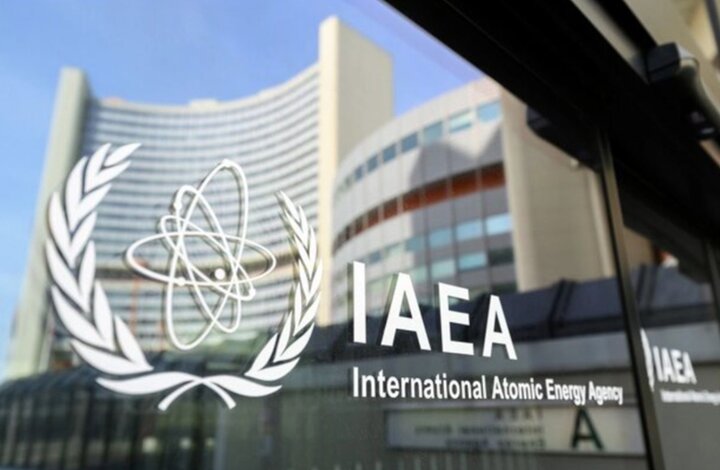
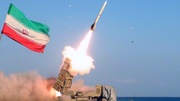
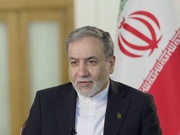
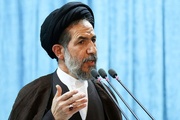

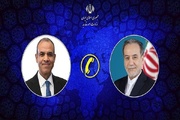
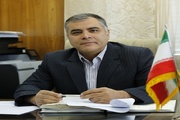
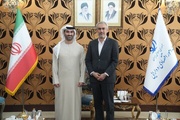
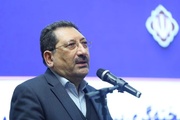
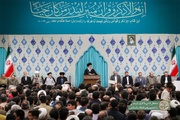
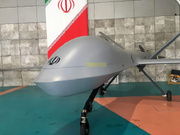









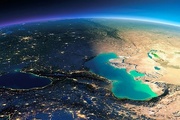

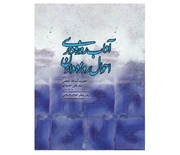
Your Comment